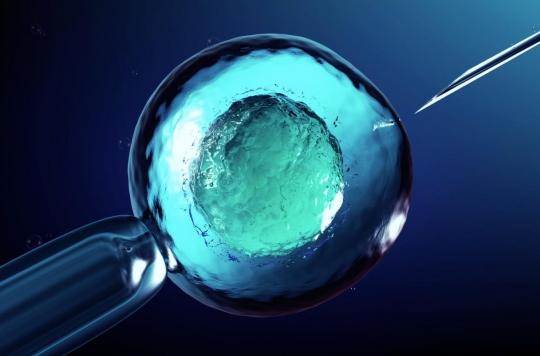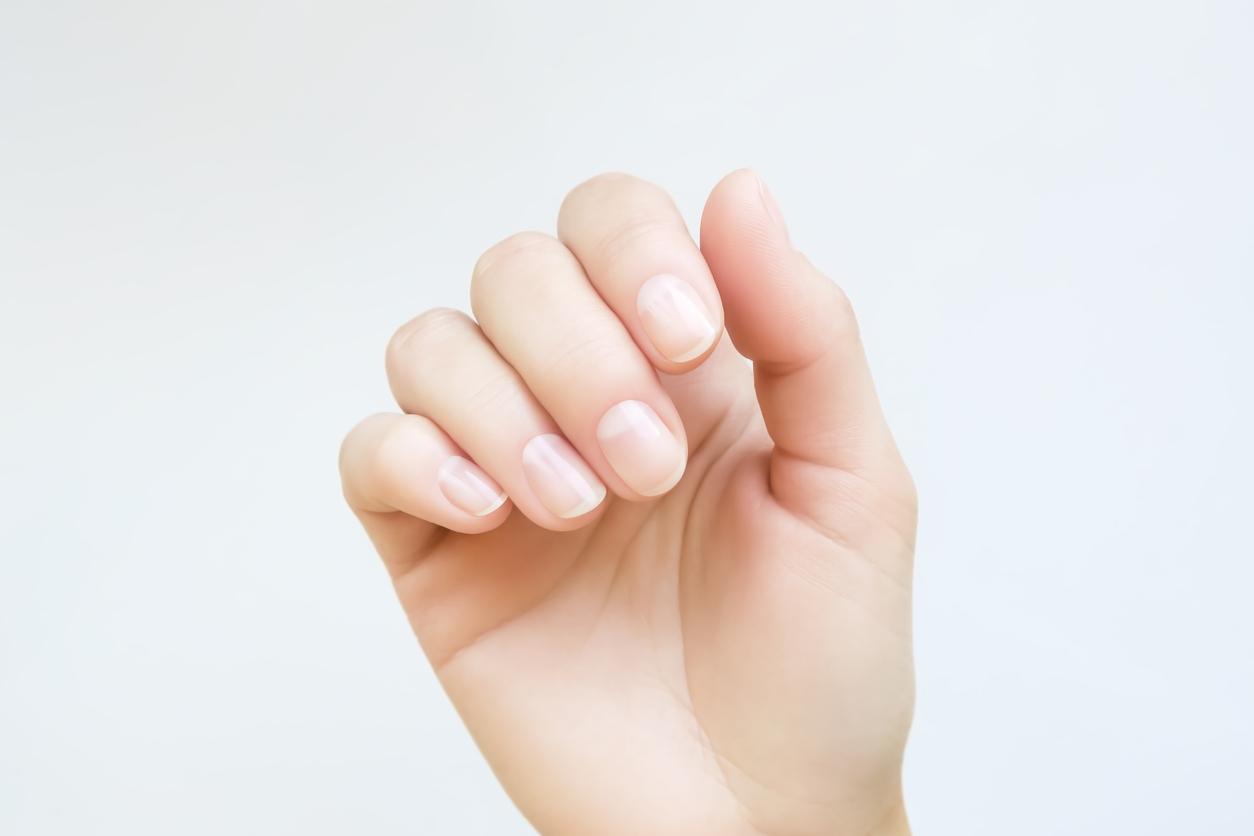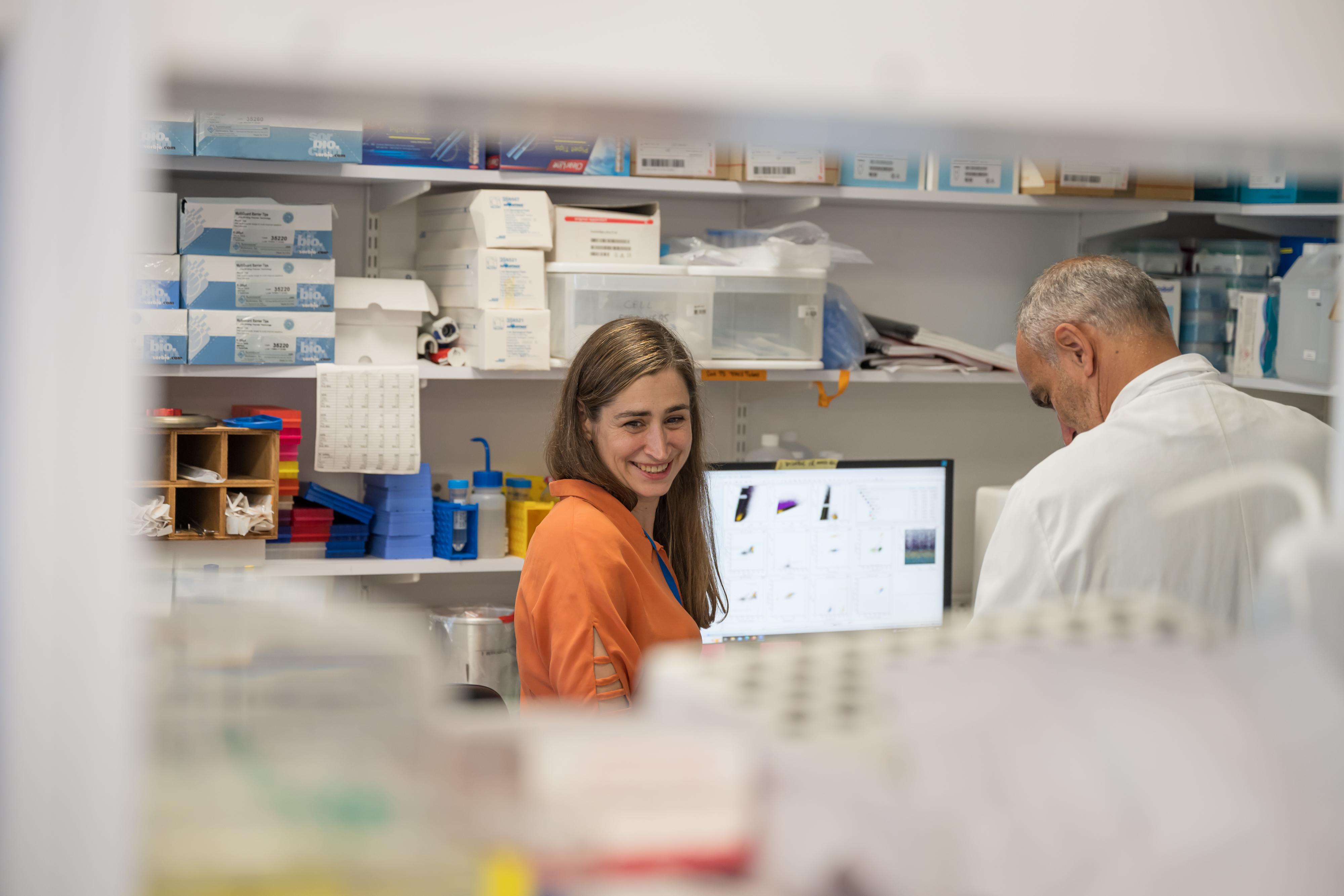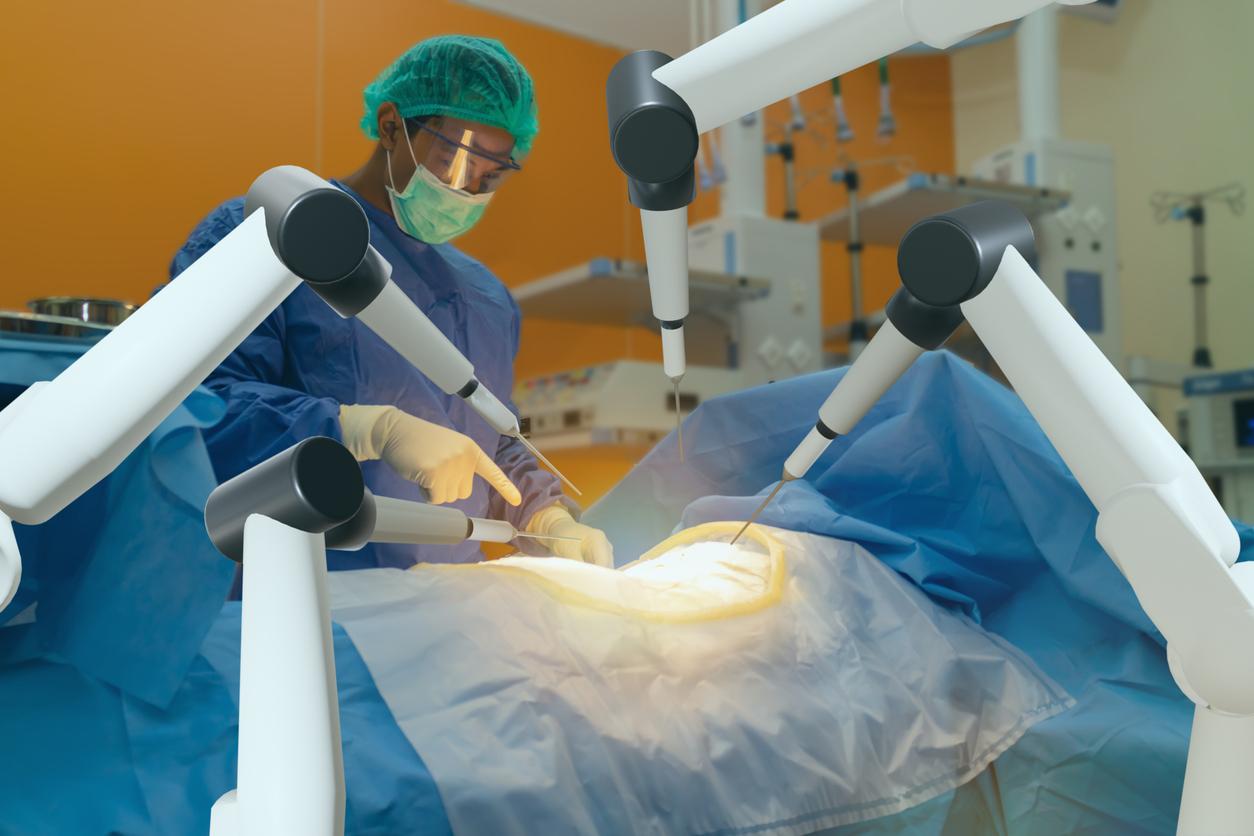For the first time, the Japanese government has given the green light for the cultivation of human cells in rat and mouse embryos. The goal: to be able to create organs that will then be transplanted into humans.

To remedy the shortage of human organs for transplantation, scientists are constantly looking for new solutions. While some are working on genetically modified pigs to make their organs compatible with human bodies, others are breaking new ground by wanting to grow fully human organs in animals, so that they can then be harvested for transplant.
This is according to a study published in the journal Nature and which will not fail to question the biological and bioethical limits of science.
An experience limited to 14 days
Supervised by Hiromitsu Nakauchi, director of the Center for Stem Cell Biology and Regenerative Medicine at the University of Tokyo and team leader at the Nakauchi laboratory at Stanford, this work has received the approval of the Japanese government. Their objective: to conduct a first experiment by cultivating human cells in rat and mouse embryos before transplanting them into a surrogate animal.
According to Dr. Nakauchi, these first experiments will take time. It is currently planned to cultivate hybrid mouse embryos only up to 14.5 days since at this stage, the embryo is close to term and its organs almost all formed. The researcher then hopes to conduct similar experiments with rat embryos and then, within two years, obtain approval from the Japanese government to continue work on pigs.
Deviation to prevent
Dr. Nakauchi is not alone in working with human and animal embryos. Earlier this year, Dieter Egli, a biologist at Columbia University, revealed that he was conducting experiments with CRISPR on human embryos to be able to prevent the occurrence of hereditary diseases.
In China, the controversial work of Dr. He Jiankui resulted in the birth of the first two genetically modified babies last year.
This type of drift has led a number of countries – including France – to limit research on human embryos by funding specific studies and imposing restrictions on research.
In March 2019, the Japanese government authorized the creation of hybrid embryos on the condition that they be destroyed within 14 days. The new guidelines also allow scientists to transplant these embryos into a surrogate and carry them to term.
Dr. Nakauchi’s research on mouse embryos is the first to receive government approval by experts from the Ministry of Science. Before starting its work, it will have to wait to receive a final approval, which should fall next month.
.















